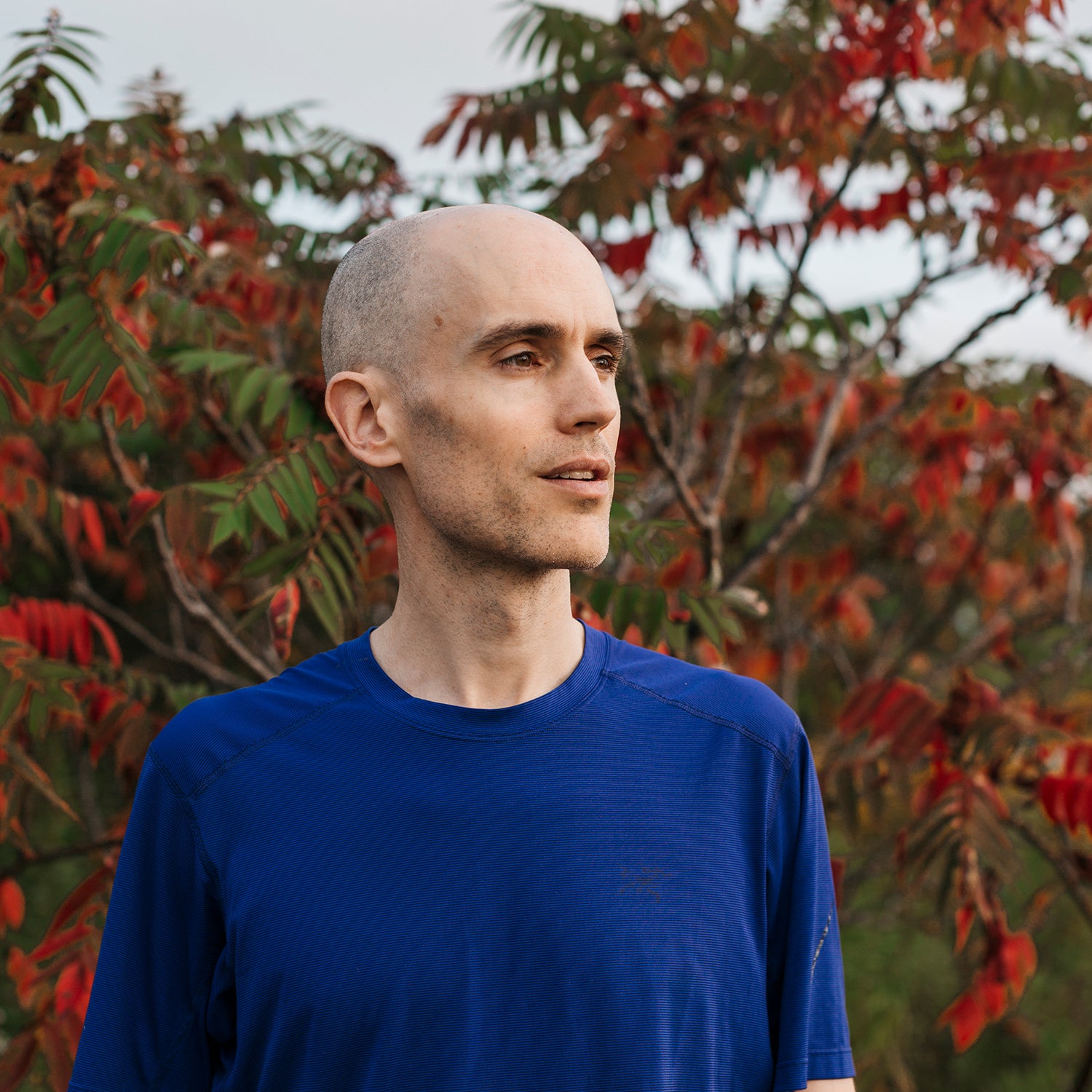If you’re as old as I am, you might remember a mid-1990s commercial in which a smug jock challenges Jason Alexander to back up his claims of pretzel-fueled physical prowess: “” Alexander proceeds to shimmy up a rope, win a wrestling match, and execute a dazzling gymnastics floor routine—definitive proof that fat-free Rold Gold pretzels really are performance enhancing.
That commercial is a pretty good illustration of what the Sweat Science column is not (or at least, what it aspires not to be).
I’ve been writing about the science of endurance, fitness, and health for about a decade. I’m interested in figuring out what works and what doesn’t, what we know and what we don’t, and how we tell the difference. When I started out in the field, my articles looked a lot like that Rold Gold commercial. Want to know how to fuel for a marathon? Call up a few really fast marathoners and ask what they do. Looking for advice on how to buy the perfect running shoe? Call a shoe company and get them to explain it.
To be clear, there’s a lot of value in the advice you get from experienced experts. But there are also blind spots. Even leaving aside the distorting effect of sponsorship dollars, it’s almost impossible for a single individual to isolate the factors that have improved their own health or performance. As physicist Richard Feynman said, “The first principle is that you must not fool yourself—and you are the easiest person to fool.”
So that’s pretty much the prime directive for Sweat Science: explore the science of endurance and adventure, but without fooling myself (or you). Mostly, that means following the peer-reviewed literature on these topics, deconstructing the findings, and, wherever possible, sharing and explaining the key data and graphs. Not all studies are created equal, of course—but if I explain the methodology and findings clearly enough, you’ll be able to make up your own mind about what they tell us, rather than relying on my say-so.
That means I’m not a product reviewer. I love shiny new gear as much as the next guy, and I think there’s an important place for subjective reviews. But that’s not my role. Whether an amazing new cooling shirt fits perfectly or a new sports drink tastes amazing—those are different questions than whether the shirt really cools you or the drink really makes you faster. I think I do a better job at the latter questions if I don’t have an opinion on the former.
I’m interested in figuring out what works and what doesn’t, what we know and what we don’t, and how we tell the difference.
It also means I sometimes won’t have much to say about the newest trend or the hottest product. I receive a steady of flood of PR pitches for products and programs promising everything under the sun. Sometimes, if my interest is piqued, I write back and ask if they have any experimental data, preferably peer-reviewed, to support their claims. I almost never hear back—or rather, I hear back with offers to put me in touch with the inventor or a satisfied (and sponsored) client, neither of which is what I was asking for.
The Sweat Science column has existed in various incarnations for nearly a decade, first as a standalone blog, then, from 2012 to 2017, as a Runner’s World column. The move to �����ԹϺ��� is exciting for a few reasons—mostly because it gives me a chance to broaden the column’s focus to something that more closely reflects my own current interests. I come from a running background and will continue to write about that, but I also enjoy other activities like cycling and cross-country skiing, have recently gotten into rock climbing, and love hiking and canoe trips. I’m looking forward to drilling into the science of these and other activities in the coming months—starting with this look��at a new study on the unexpected physiology of backpack hip straps.
In its new �����ԹϺ��� incarnation, Sweat Science will also take more deep dives, providing context and focusing on the big picture, instead of chasing the latest results of an isolated study. And I’ll be doing more of my own number-crunching and data analysis, like this piece��comparing trends in world record frequency at different running distances over time.
In the end, I don’t believe science can tell us everything we need to know about endurance. If anything, a decade of Sweat Science has taught me how little we understand and how much of our current knowledge has been accumulated by painstaking trial and error. But science can give us a reality check on entrenched assumptions and protect us from overhyping unproven new ideas—and, aside from “practical takeaways,” it can offer some fascinating flashes of insight about what’s really going on in your body and mind when you’re pushing your limits.
So I hope you enjoy the column—I’d love to hear your thoughts, questions, and (if you must!) criticism. You can read the latest posts here, connect with me on and , and sign up for email updates .


